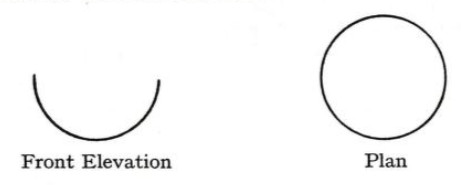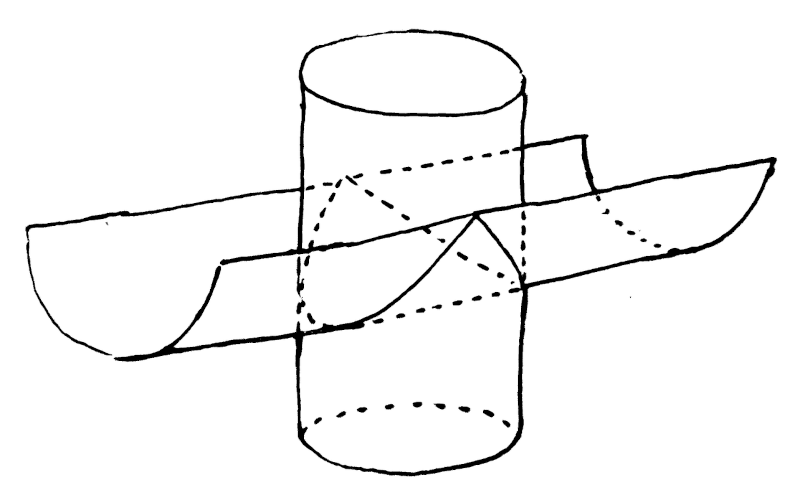In a certain fair island, for commerce renown’d,
Whose fleets sailed in every sea,
A set of fanatics, men say, there was found,
Who set up an island and worship around,
And called it by name Elessdé.
Many heads had the monster, and tails not a few,
Of divers rare metals was he;
And temples they built him right goodly to view,
Where oft they would meet, and, like idolists true,
Pay their vows to the great Elessdé.
Moreover, at times would their frenzy attain
(‘Twas nought less) to so high a degree,
That his soul-blinded votaries did not complain,
But e’en laid down their lives his false favour to gain–
So great was thy power, Elessdé.
As for morals, this somewhat unscrupulous race
Were lax enough, ‘twixt you and me;
Men would poison their friends with professional grace,
And of the fell deed leave behind ne’er a trace,
For the sake of the fiend, Elessdé.
Then forgery flourished, and rampant and rife
Was each form of diablerie;
While the midnight assassin, with mallet and knife,
Would steal on his victim and rob him of life,
And all for thy love, Elessdé.
There were giants of crime on the earth in that day,
The like of which we may not see:
Although, peradventure, some sceptic will say
There be those even now who acknowledge the sway
Of the god of the world — £ s. d.
(That is, pounds, shillings, and pence, the pre-decimal currencies of the British Isles.)
From William T. Dobson, Poetical Ingenuities and Eccentricities, 1882.






